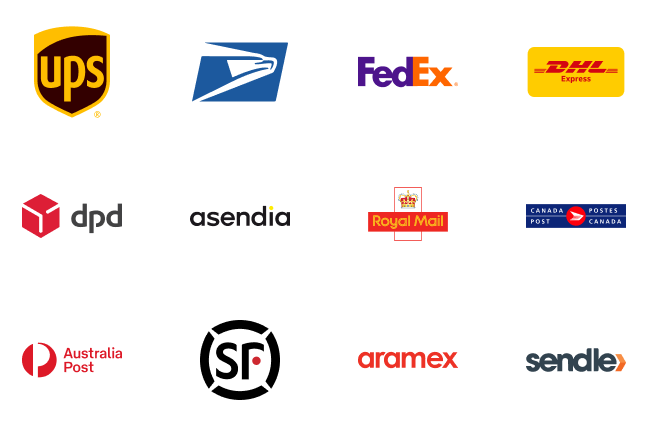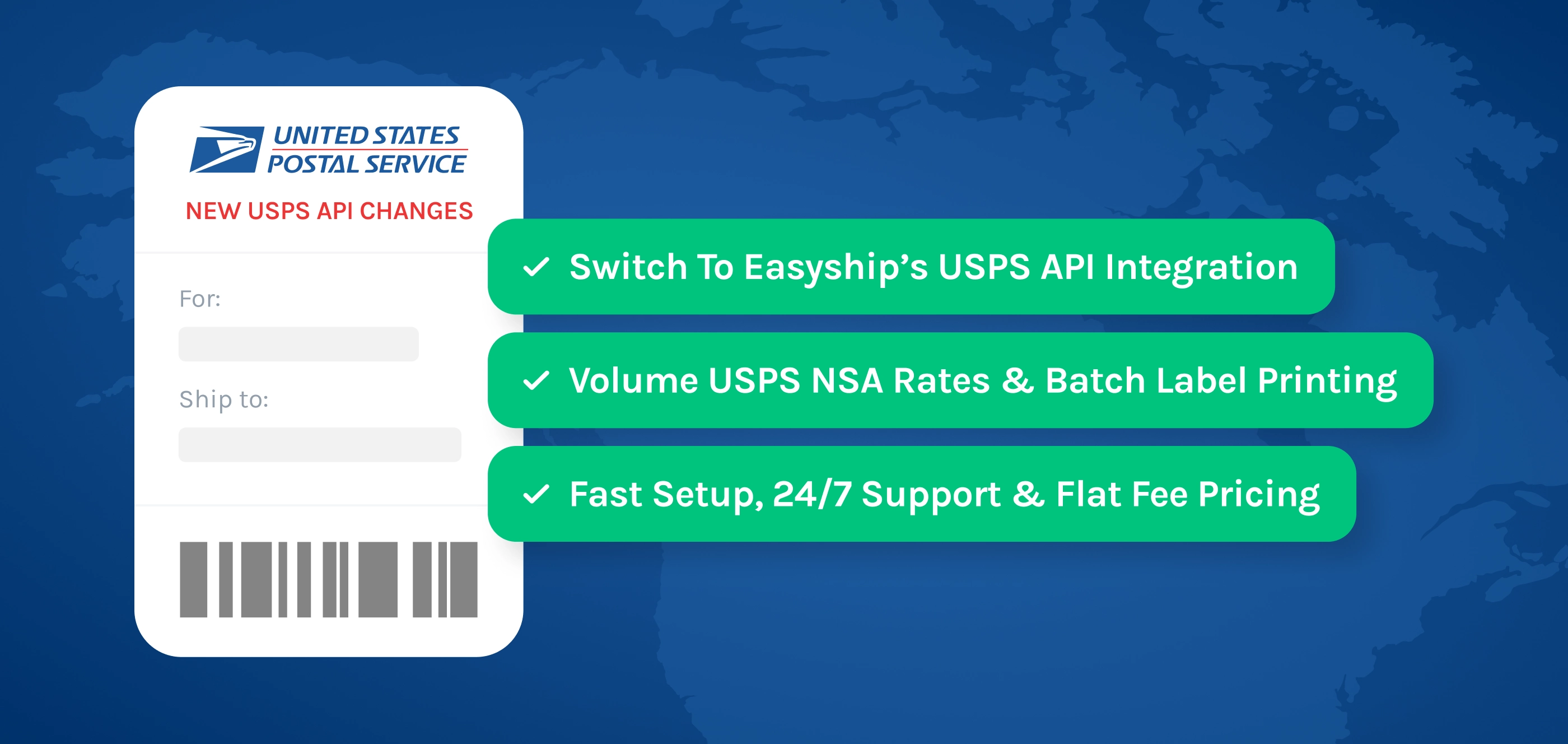If orders for your small business continue to increase each month, it’s not just increased revenues that you get to be excited about. Processing a larger volume of shipments each month means you now have the leverage to negotiate with couriers for cheaper shipping rates!
Couriers love to reward businesses that frequently ship with them, and it’s pretty hard to find customers who want to pay more for shipping.
To take advantage of this win-win situation, we’ll share what you need to prepare your case for lower shipping rates, in addition to alternative solutions should you not get the rates you are looking for.
Analyze and Share Your Shipping Data
When you approach your account manager, you should be familiar with what your shipping numbers were for the past few months.
Historical shipping data you should know include:
- Total number of shipments per month
- Total shipping costs per month
- Average cost per shipment
- Additional total costs such as tax and duty, insurance, surcharges
- Shipping solutions you use often (for example, USPS Priority Mail)
- Top destination countries
You can find all of this data across all the couriers you work with if you use a shipping platform like Easyship, which provides an overview of your shipment analytics within the dashboard.
In addition to your historical data, it can also be useful to share your sales forecast to show confidence that you can meet volume requirements in the future.
What to Negotiate in Your Shipping Contract
Once you’ve looked at your shipping data, you can find opportunities to negotiate the following:
- Base rates. If you’re working with multiple couriers, you can compare rates to your frequently shipped destinations and see if prices can be more competitive or matched.
- Surcharges. It’s common for express couriers to charge additionally to service certain delivery areas, do multiple delivery attempts, or include insurance for high-value items.
- Grace period. If your new business is quickly growing and you’re leveraging your sales forecast to get lower rates, ask if you can get a grace period of a few months, to allow you to reach your sales goals. Note that your rates will increase if you don’t meet your goals within this period.
In addition to having prices in mind based on your business, you can also compare rates with third-party resellers such as Easyship to ensure you’re getting a good deal.
Connect Your Courier Account to Easyship
Once you’ve successfully negotiated your rates, whether, with one courier or multiple, it’s easy to maintain visibility of your shipping landscape by connecting your courier account to Easyship’s dashboard.
To access this feature on Easyship, go to Couriers on the left menu. Then click on “Add new courier”, select which courier you’d like to connect, and enter in the credentials needed.
Note that each courier has their own process for connecting your accounts, so if you need assistance in filling out the form to authenticate your account, it’s best to visit our Support Center for step-by-step instructions:
Alternative Solutions to Negotiating Shipping Rates
If you end up not getting the rates you were looking for, you’re worried you may not have enough volume to negotiate a better rate, or if maintaining a relationship with an account manager and analyzing your shipping data sounds like too much time and effort, it’s very possible to skip the negotiating process and still gain access to competitive rates.
By working with an end-to-end shipping platform such as Easyship, one account will give you access to 250+ shipping solutions with pre-negotiated discounted rates. It’s very possible to connect your eCommerce store in a few clicks, import your orders, and start shipping locally or globally in minutes.
If you haven’t already, create your free account to efficiently scale your business today.















































.svg)
.svg)






.avif)
.avif)

.avif)
.avif)


.avif)


.avif)










.avif)
.avif)



.avif)
.avif)


.avif)
.avif)


.avif)










.svg)




.webp)
